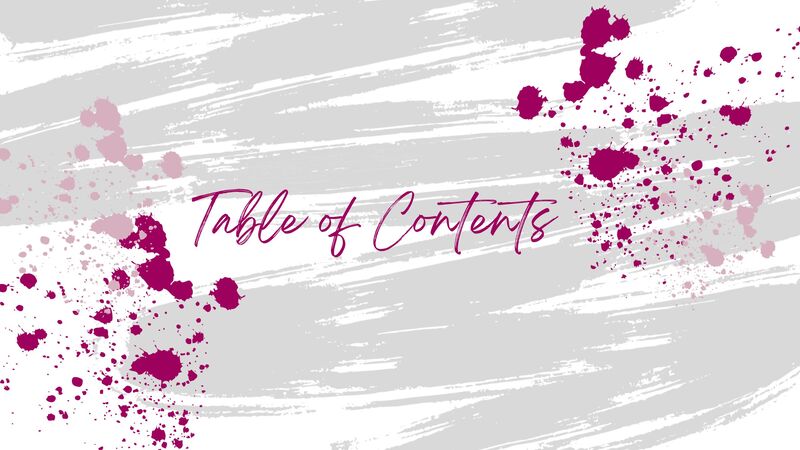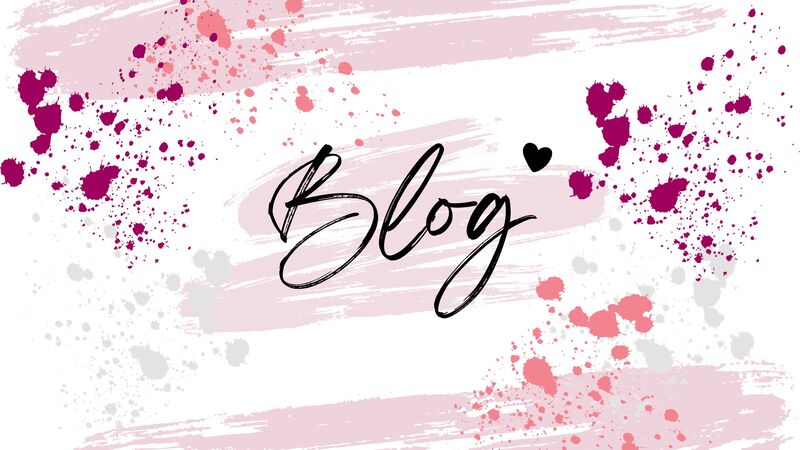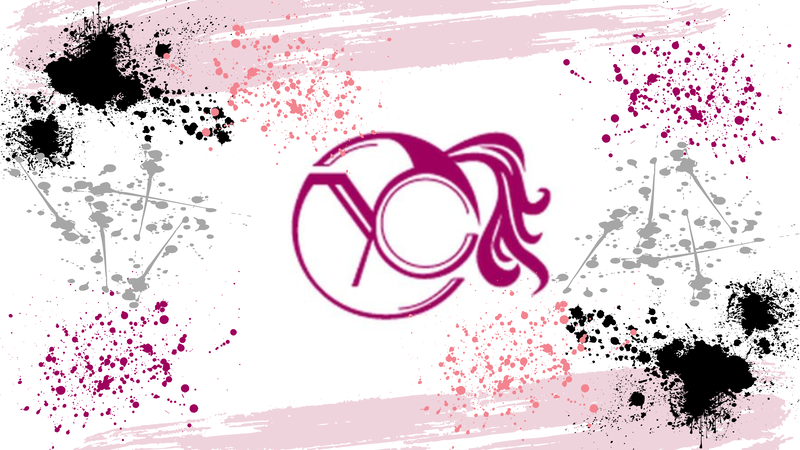|
The other day I went to a doctor’s office for a semi-annual visit. I left feeling like the visit had gone sour at some point. I wasn’t sure when it did at first, but I do remember the feeling that the doctor herself gave me. It was almost as if she was closed off and standoffish. This was the first time I had ever felt like that with her so where did I go wrong? The more I thought about it, the more I realized that maybe I was putting too much emphasis on her emotions and how our visit concluded. So then I started to look at my behavior during the visit. And had an “Ah-ha” moment. We’ll get to that in a moment. We have all been there before. The moment when you are in the examination room waiting on your doctor, quite possibly in a very thin clothed gown, wondering if things internally are going well or not. You feel vulnerable and literally exposed when you hear the knock on the door and see your doctor. It can be very nerve racking in these circumstances. Although many healthcare workers do have training in bedside manner, trust and believe me that they are just as uncomfortable at times. Which is why building trust with any healthcare professional is important. Why should I build trust with my doctor? Building trust with your doctor is essential to your health. If you are unable to trust your healthcare professional, then you will not be able to be honest about what your symptoms are or the things that are affecting your everyday life and relationships. This could in turn cause a doctor to misdiagnose you and lead to the implementation of the wrong course of treatment. Wasting precious time and energy can be detrimental for your health. We all know that early treatment of most diseases can effectively diffuse any hindrance to your everyday life. Early intervention of cancer increases the survival rate regardless of the type, therefore being forthright with your doctor is critical. Below are 7 easy ways for you to build trust with your healthcare worker. 1. Come in with an open mind Before you come into the office, the office staff has already had an early morning meeting with your doctor to discuss the patients that he/she will be seeing that day. Aside from your chart, your doctor does not know anything about you. He/she does not know what you look like, or who you are as a person. So what makes you think they are not nervous about meeting with you? The fact that they do this for a living? Pfff. Most doctors find themselves not knowing what type of patient they are going to be working with. Especially if you are going in for an evaluation that may cause some emotional distress- like a likelihood of cancer, a STD, thyroid problems that may cause anxiety and depression, or psychiatric treatment. I hope that in writing this that you understand that you are not alone when you feel the emotions that you do. The healthcare worker is just as nervous about meeting you as you are about meeting them in your most vulnerable moment. Take slow deep breaths and allow yourself to relax and become receptive. 2. Establish Rapport Most doctors got into the medical business because they genuinely enjoy helping others. They want to see you get better, not worse. Knowing this allows you to begin a trusting relationship with your doctor. While they are there to provide a service, you are also there because you are in need of them. Establishing rapport allows you to connect with your doctor to get the best possible outcome. Get to know your doctor. Observe the type of personality he/she has. Are they open and friendly? Are they welcoming? Most importantly do they make you feel safe enough for you to share your innermost concerns? If some of these questions are answered negatively, then you should reconsider why you are seeing this professional and search for other options 3. Be Honest Let’s back up a bit. When you initially go to your doctor’s office, you will more than likely be handed a form from the front office staff. This form will more than likely have questions regarding the symptoms that you have, whether you were referred by your primary care physician or hospital, your personal medical history, and what your family medical history entails. When filling out this form, be sure to be as detailed as you possibly can. Doing so can help the doctor narrow down your diagnosis and treatment. If you knowingly leave something out, you run the risk of complications. This is especially true with any previous diagnosis that you may have had, and with current medications. If you do not disclose the complete list of medications that you take, your doctor could accidentally order a medication for you that counters or reacts badly in your system. So now you are not treated correctly for the main problem you came to the office with, but now you have added another situation that could have easily been avoided. Bummer. 4. Listen After you and your doctor have a conversation, they will perform a physical exam. During this time, they may ask you questions, order lab work, or require you to go for further testing. This is where it is important to actively listen to what they are saying. Building trust with your doctor goes both ways. You not only need to trust them, but they need to trust YOU to follow the course of treatment to the letter in order to get you to your optimal health. Actively engage with your doctor as well. Ask them how long they have been specializing in their field and if they enjoy their work. When you do so, you can evaluate the type of individual they are, and how comfortable you feel around them- all vital in a doctor/patient relationship, where sensitive information is being discussed. No one likes to feel vulnerable nowadays, which may be why more and more people are holding off on going to the doctors for necessary care. Actively listening and engaging in effective communication can help with building trust between you and the healthcare professional. 5. Share some of your personal life Now that you and your doctor have started to become familiar with each other, it’s time to continue to foster the relationship. When you feel comfortable, dare to venture outside the normal medical talk. Speak about your support system at home, and let your doctor know if you don’t have any. Most people do not realize how important it is to have a support system in place. Having support during your healing process makes a huge impact on your mental health and general well being. From the beginning of time our mere survival as a species has counted on our ability to unite in groups against much stronger and faster animals. Being a part of a group is something that we instinctively need. We suffer spiritually once we are outcast from our society. Our physical beings follow in suit. And your doctor knows this. Now I’m not saying to spend a whole office visit talking about everything in your life and your family, but do make it known that you are well supported. 6. Do what you say you will do Remember when I said that my behavior may have led to my healthcare provider being a little standoffish? Well, here’s why. I totally forgot to get lab work done back in January. I was wondering if maybe the office did not contact me to let me know there was pending lab work needing to be done, but ultimately it was my response that may have triggered the reaction that I received. Doing what you say, or for the purpose of this article- following your plan of care will let your physician know that you are serious about your health and take their advice under serious consideration. Besides, if you don’t take your health seriously, who else will? This also lets the doctor know that you were actively listening and plan to continue on the path of optimal health. It’s also worth mentioning here that not everyone will have the same cookie cutter cut out version of “optimal health.” Some injuries, disorders, and disabilities do not allow for the picture perfect person that you see on Instagram fit profiles. Be mindful of other people and their untold stories. You shouldn’t judge a person solely by their appearance. 7. Remember, they are human too
Just because a doctor is a doctor, or any healthcare professional is in the medical field, that does not give you free rein to talk to them in a manner that you would not like to be spoken to. Yes, we get paid. That does not mean that we are free of debt. Some medical professionals have student loans that amount to more than what they earn because the loan climbs in interest yearly. If you take a closer look, you will see that the majority of medical professionals spend 80% of their time treating and caring for others, rather than taking time out for their mental health. This leads to a large amount of this work force being burnt out. Which may be the reason why there is such a shortage in nurses and doctors. COVID took a huge hit on the medical community. We were isolated from our family for their well being, and we were mandated to work long hours to take care of those who we watched deteriorate before our eyes. The outcome of the ongoing pandemic in our society has been a lack of respect and trust toward others. I believe this is mainly due to us fighting for our very lives against a virus that wiped out a large sum of individuals. Medical professionals or not, we were all scared, overwhelmed with emotions, and hurt. Those of us who are left are in mourning and healing. It’s time that we take a moment and realize that in order for any of this to work, we need to continue to be compassionate to others. Take the time to get to know your doctor and their office staff. Truly get to know them. They will appreciate a patient that is caring enough to think outside their own health problems. Finally, trust the process. It will be okay. Most doctors come into the profession willing to serve the public the best way that they can. Some healthcare workers, when questioned, will even say that their profession is their life's work. The field that they chose to pursue, gave them a sense of purpose and strength. Most take pride in being a specialist in a field that sparked a fuel of curiosity. Let your doctor or healthcare professional do what they do best by building a trusting relationship with them. Your health depends on it.
0 Comments
This week, I started to write a post about how to make yourself more trustworthy. For a few reasons, my heart was not into it.
First and foremost, one of the reasons why I didn’t choose not to finish the post was because I really have a hard time trusting people. I was never like that, and I could write SEVERAL articles on why, but who needs a pity party? Moreover, who wants to read about someone who is self loathing? We all end up getting hurt. It’s just a part of life. We all are broken and trying to find our way in the world. Show me a person who has gone throughout their life without a little bit of pain, and I will show you someone who lies. However, some of us have more pain than others. Some of us break in ways that we never thought a human could break. And some of those very same broken individuals, become some of the world’s greatest. The human capacity to withstand pain and heartache has always fascinated me. I cannot tell you why. I always wanted to know how our minds are able to recuperate from traumatic experiences and how deeply it could affect an individual. I didn’t know that it correlated directly with human behavior until I myself experienced an ounce of that pain. Well let’s take that back. I did have an idea that psychological pain would correlate with behavior, I just didn’t know to what extent. When that was revealed to me (cause the universe is always listening and will respond with your deepest desires) I understood that there are somethings that I could never understand. Nor should I wish to understand. The saying “ignorance is bliss,” was mostly certainly created by someone who realized that sometimes, we should not stick our necks into things that should’ve been left alone. It’s almost like when you go down the YouTube rabbit hole, or any other social platform rabbit hole. You watch one video and end up being enticed by the algorithm that puts “like” clips in your newsfeed. Before you know it you are 3 hours deep with household chores that have not been done and you have to cook dinner. I have always been curious as to why people behave the way they do. I have never really focused on myself, or took the time to understand myself. I guess that would be because I always saw myself as a little misfit who could never seem to have meaningful relationships. The meaningful relationships I did acquire were always with individuals who did not value my efforts. For a time, I felt as though I was always looking to see how these individuals were doing without them so much as giving a second thought about how I was. I would reach out constantly and after a while I would feel like a nuisance in their lives. Once I start feeling like that, I back away. Sometimes completely. The more interactions I had with people, the more I realized that about 80% of people do not want to hear about how you are doing. They just want to be heard. So that is exactly what I did. I listened without speaking. And when I did speak, it was to pry them to speak more about themselves. This made me extremely “likable.” Just solely on the point of not revealing my opinion or thoughts. Being the perfect “hype man'' does have its benefits. However, it makes people attracted to the idea of who they perceive you to be. When in all actuality, they don’t know a single thing about you. They just like the feeling that you give them. The feeling of being accepted despite their flaws, and of being heard without them putting too much effort. While this may be fulfilling, it has the ability to get annoying and may leave you feeling under appreciated. It wasn’t until I found my self worth that I gave this image up. In doing so, I lost a lot of “friends” that I gave a lot of time to who did not bother to think outside themselves. Being broken does not give you the excuse to treat others as if they are lesser than you, just so you can feel superior. I find that a lot of females find friends that keep them feeling comfortably superior. They stick to other females who are less attractive than they are. They may befriend a girl who looks for advice because this puts them in a position of “superior intellect.” Either which way you slice it, the idea behind this type of relationship is the same. The female in question feels inferior in her own skin, so she seeks to pacify these feelings by surrounding herself around things that reassure her she is not. That is why I have such deep trust issues. I reflect a lot on why I am the way I am now. I reflect a lot about how the world around me has influenced me, my current thoughts, and behavior. Although I now understand so much (probably more than I should) about others, I truly struggle in understanding myself. This year I vowed to make this blog about trust. Moreso about my journey back to trusting others, and trusting myself in the process. Which is why I gave up the post I started and began this one. How can I write advice on how to trust others when I struggle with it myself? It felt hypocritical. I feel that to better service my readers, I come to terms with the fact that I find it hard to trust others have good intentions, and to believe that the world isn’t so ugly. I also think that I am not alone. You can take a look around you and see the level of distrust a lot of people have is pretty high. They distrust relationships, both intimate and not. Employees distrust their employers to do what is right for their well being, instead of what is right for their wallet. People distrust their government to have the well being of their citizens in their forefront. What’s worst, most of all, is that while all this distrust is happening, we are hurting, just longing for the time when someone just listened and understood. Have you ever felt under valued in a relationship? Why or why not? Have you ever mistrusted, to the point that it severed a relationship? Leave your thoughts and experiences below. I would love to interact with you. |
AuthorYaritza Ellison has been an nurse since 2010. She has been essential to the healing process of many and seeks to continue to do so. Her passion for mental health and self help literature has lead her to launch justyari.org, where she aspires to coach young ladies navigating through work-life balance. Categories
All
|
Hungry for something else to read?
Check out the link below to find out about this amazing novel
Check out the link below to find out about this amazing novel
Copyright © 2022















